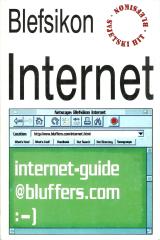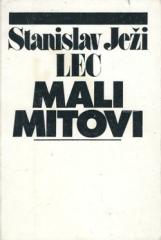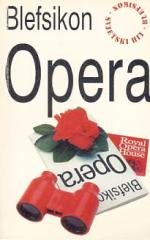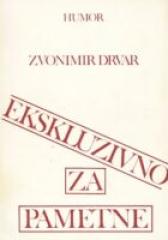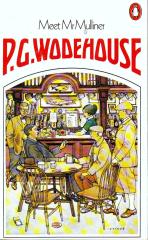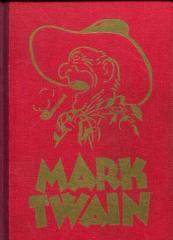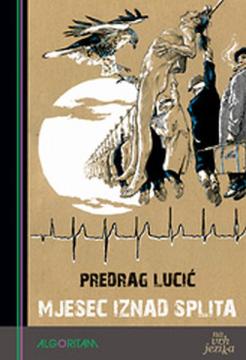
Mjesec iznad Splita
Predrag Lucićs zweiter Gedichtband nach „Die Liebenden aus Verona“ (2007) ist eine Sammlung von Ironie, Melancholie und Verachtung für Konventionen – eine Widmung an die „Spinner“ von Split, an diejenigen, die ihre Eskapaden in das kollektive Gedächtnis d
In zwölf Gedichten erweckt Lucić Figuren wie Karuz, einen Zimmermann aus Nazareth, der zum Marangun von Split wird, oder J.P. Kamov, ein Genie, das zum Armenleben verurteilt ist, zum Leben. Der Mond steht über Split wie ein Beobachter der Träume und Niederlagen anderer. Die Gedichte sind nicht bloß Satire, sondern Hymnen an Mut und Selbstfindung – die Figuren sind keine Wahnsinnigen, sondern Spiegelbilder unserer selbst, erfüllt von Splits Vitalität, Humor und Traurigkeit. „Karuzo“ evoziert biblische Ironie, „Mjesec iznad Splita“ ist ein Epos über eine Stadt, in der sich das Heilige mit dem Profanen und die Liebe mit der Flucht vermischt.
Lucicćs Sprache ist roh, rhythmisch, durchdrungen vom Spliter Dialekt und surrealen Bildern: der Mond als Zeuge, das Meer als Vergessen, die Figuren als „Lehrer“ des Daseins. Die Sammlung ist eine Kritik an gesellschaftlicher Heuchelei, zugleich aber auch eine Liebeserklärung an seine Heimatstadt Split – einen Ort, an dem Unruhen zu Kunst werden. Nach Lucićs Tod wurde die Sammlung als Teil von „Der südliche Hof“ (2024) veröffentlicht, ein Vermächtnis, das ihn zu einem bedeutenden kroatischen Autor macht.
Angeboten wird ein Exemplar
